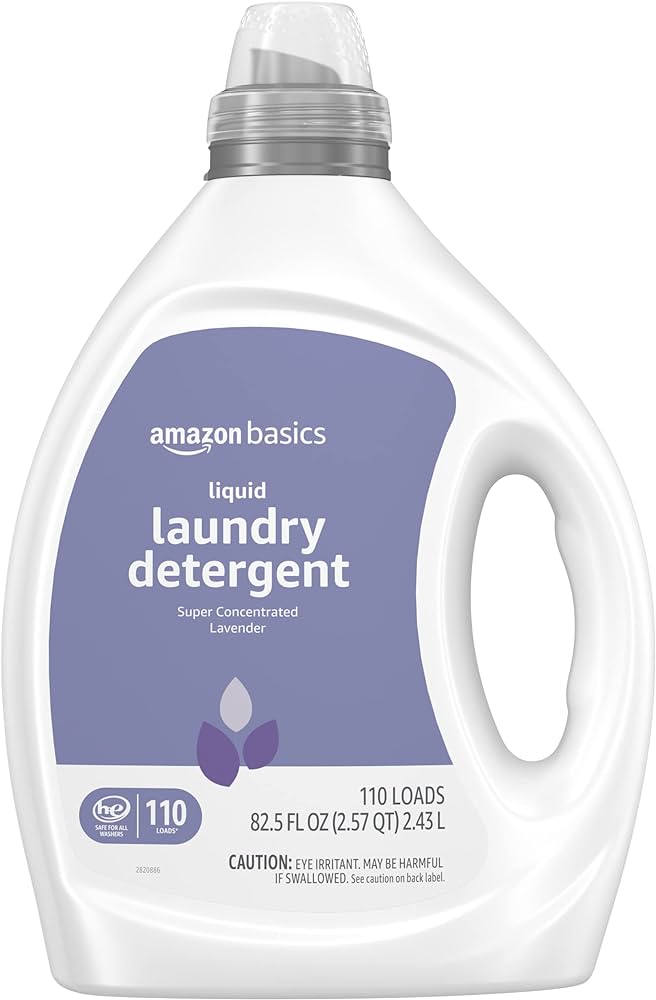Introduction:
Choosing between liquid and powder detergent can impact the cleanliness of your laundry, the lifespan of your washing machine, and even the environment. Each type of detergent has its benefits and drawbacks, which can influence your decision based on your specific needs and preferences. This comprehensive guide covers the differences between liquid and powder detergents in terms of cleaning efficiency, environmental impact, cost, washing machine compatibility, and storage. By understanding these aspects, you can make an informed choice for your laundry routine.
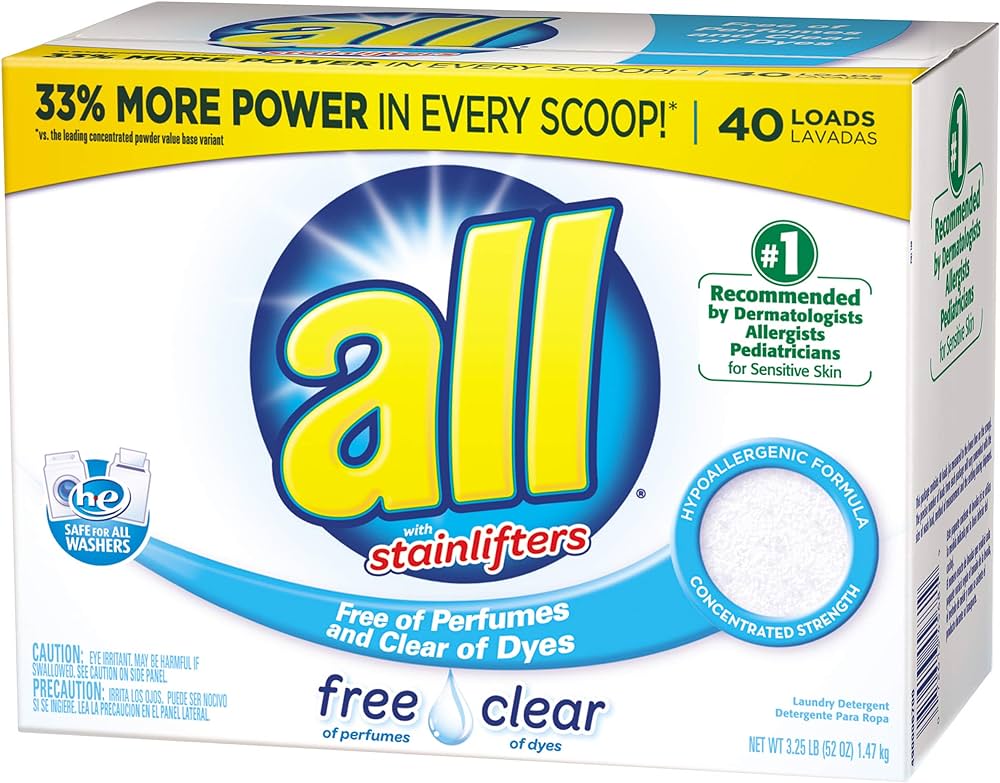
Liquid or Powder Detergent:
Which Is Better for Your Washing Machine and Laundry?
Cleaning Efficiency:
How Do Liquid and Powder Detergents Compare in Cleaning Performance?
The primary purpose of detergent is to clean your clothes effectively. Both liquid and powder detergents have distinct formulations that impact their cleaning abilities.
Liquid Detergent:
Formulation and Ingredients:
Effective on Oily Stains: Liquid detergents are particularly effective on oily and greasy stains because they contain surfactants that break down oils. Their liquid form allows for better penetration into fabrics, providing a deep clean.
Dissolving Capability: Liquid detergents dissolve easily in both hot and cold water. This makes them a versatile option for various washing conditions and ensures even distribution during the wash cycle.
Powder Detergent:
Powerful on Ground-in Dirt:
Alkaline Formula: Powder detergents typically have a higher pH level due to the presence of alkaline ingredients like sodium carbonate. This makes them effective at tackling ground-in dirt and mud, providing a thorough clean for heavily soiled clothes.
Enzyme Activity: Many powder detergents include enzymes that break down protein-based stains like blood and grass. These enzymes are highly effective in powder form, enhancing the detergent’s stain-fighting capabilities.
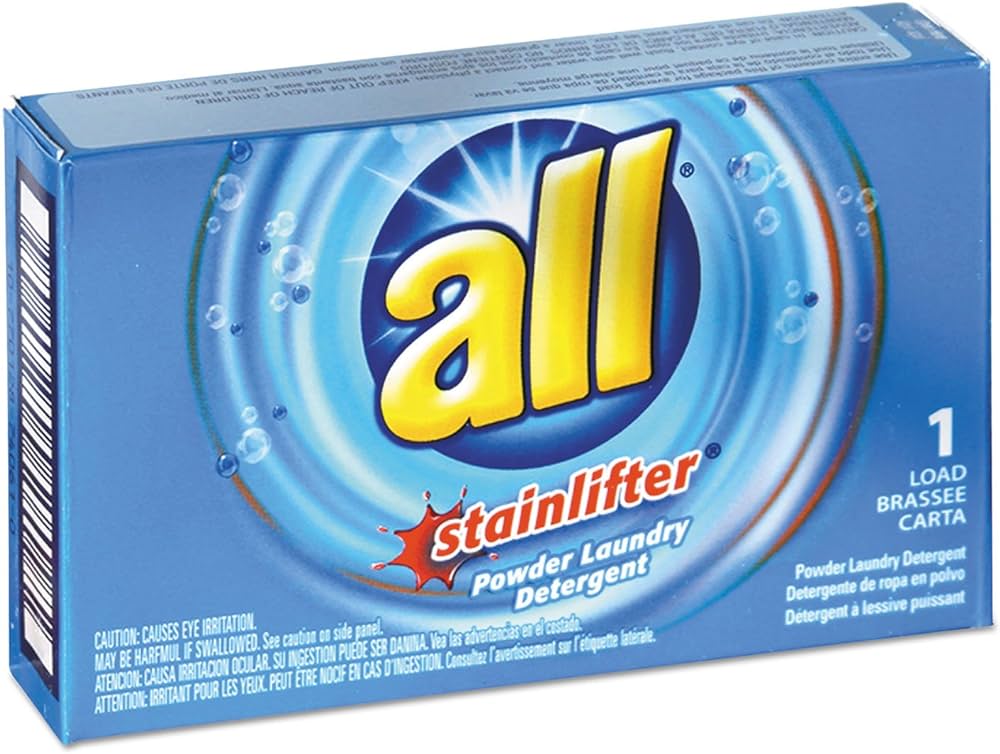 Environmental Impact:
Environmental Impact:
Which Type of Detergent Is More Eco-Friendly?
Environmental considerations are increasingly important when choosing household products, including detergents.
Liquid Detergent:
Packaging and Ingredients:
Plastic Waste: Liquid detergents are typically packaged in plastic bottles, which contribute to plastic waste. While some brands offer recyclable bottles, plastic remains a significant environmental concern.
Water Content: Liquid detergents contain water, which increases their weight and volume. This results in higher transportation energy consumption and carbon emissions compared to powder detergents.
Powder Detergent:
Sustainable Packaging:
Cardboard Boxes: Powder detergents are often packaged in cardboard boxes, which are more environmentally friendly and easier to recycle. This packaging reduces plastic waste and environmental impact.
Concentration: Because powder detergents are more concentrated and have less water content, they are lighter and require less energy for transportation. This contributes to a smaller carbon footprint.
Cost Considerations:
How Do Liquid and Powder Detergents Compare in Terms of Cost?
The cost of detergent can be a significant factor, especially for households that do frequent laundry.
Liquid Detergent:
Price and Use:
Higher Cost: Generally, liquid detergents are more expensive per load compared to powder detergents. The added cost is often due to the convenience of use and the effectiveness on oily stains.
Usage Control: Liquid detergents provide more control over the amount used per load. However, they can be over-poured, leading to waste and increased costs over time if not measured carefully.
Powder Detergent:
Budget-Friendly:
Lower Cost: Powder detergents are usually less expensive than liquid detergents on a per-load basis. This makes them a cost-effective option, particularly for families or individuals with heavy laundry needs.
Pre-Measured Packs: Some powder detergents are available in pre-measured packs, ensuring consistent use and reducing the likelihood of overuse, which helps manage costs effectively.
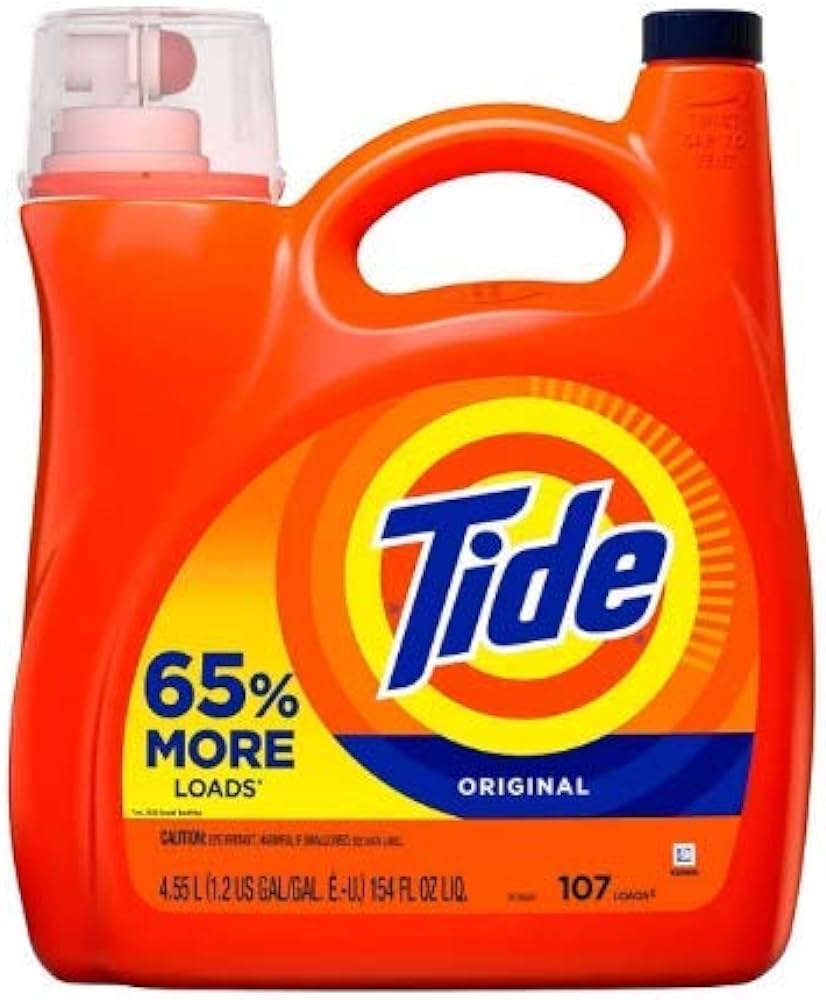 Washing Machine Compatibility:
Washing Machine Compatibility:
Is Liquid or Powder Detergent Better for Different Types of Machines?
The compatibility of detergent with your washing machine can affect its performance and maintenance.
Liquid Detergent:
Applicability:
High-Efficiency Machines: Liquid detergents are well-suited for high-efficiency (HE) washing machines. They produce fewer suds, which is essential for the efficient operation of HE machines, preventing excess residue and potential malfunctions.
Dispensing Drawers: Liquid detergents are convenient for machines with dispensing drawers, as they are easy to measure and pour, reducing the risk of clogging and ensuring even distribution.
Powder Detergent:
Machine Type Suitability:
Top-Loading Machines: Powder detergents work well in traditional top-loading machines with agitators. Their higher cleaning power on heavily soiled clothes suits the vigorous agitation and extended wash cycles of these machines.
Dissolution Concerns: If not fully dissolved, powder detergent can leave residue in the washing machine and on clothes, particularly in cold water. Ensuring proper dissolution is crucial to avoid buildup and potential machine issues.
Storage and Convenience:
How Do Liquid and Powder Detergents Differ in Terms of Storage and Usability?
The practicality of storing and using detergent influences overall convenience and effectiveness.
Liquid Detergent:
Ease of Use:
Convenient Dispensing: Liquid detergents offer easy and precise dispensing, reducing mess and ensuring the correct amount is used. This convenience is particularly beneficial for quick laundry tasks.
Storage Stability: Liquid detergents do not clump or harden over time, maintaining consistent performance. They can be stored in a variety of environments without significant degradation.
Powder Detergent:
Storage Considerations:
Bulk Storage: Powder detergents are often available in bulk, making them a cost-effective option for large households. However, they require dry, moisture-free storage to prevent clumping and loss of efficacy.
Measurement: Measuring powder detergent can be less precise, leading to potential overuse or underuse. Pre-measured packs can mitigate this issue, offering convenience similar to liquid detergents.
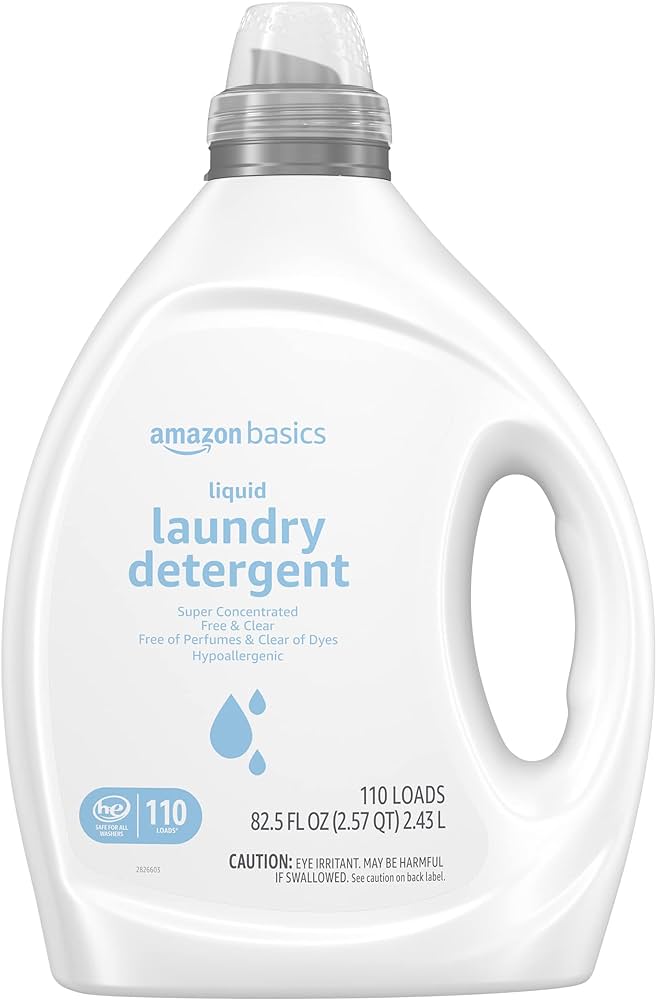 Specialty Uses:
Specialty Uses:
When Should You Use Liquid or Powder Detergent for Specific Laundry Needs?
Different laundry needs may require the use of either liquid or powder detergent to achieve optimal results.
Liquid Detergent:
Delicate Fabrics:
Gentle Formulas: Liquid detergents are often formulated to be gentle on delicate fabrics, such as silk, wool, and synthetics. Their smooth texture ensures thorough cleaning without causing fabric damage.
Cold Water Washing: For clothes that require cold water washing, like bright colors and delicate fabrics, liquid detergents dissolve fully and work efficiently at lower temperatures, preventing residue and ensuring effective cleaning.
Powder Detergent:
Heavy-Duty Cleaning:
Tough Stains: For heavily soiled items, such as work clothes, sports uniforms, and outdoor gear, powder detergents provide strong cleaning power. Their enzymes and alkaline properties are effective against tough stains like mud, grass, and sweat.
Hot Water Efficiency: Powder detergents perform exceptionally well in hot water, making them ideal for laundry that can withstand higher temperatures, such as white linens and heavily stained items.
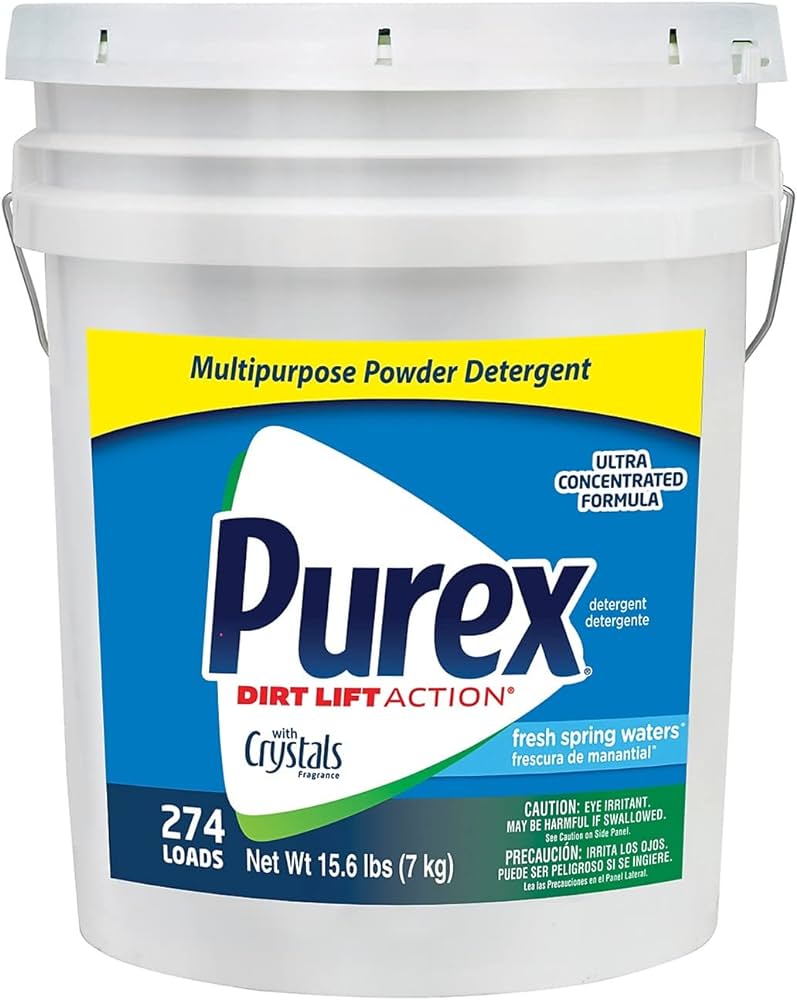 Eco-Friendly Options:
Eco-Friendly Options:
Are There Environmentally Friendly Liquid and Powder Detergents Available?
Eco-conscious consumers may seek environmentally friendly detergent options without compromising cleaning performance.
Eco-Friendly Liquid Detergent:
Sustainable Choices:
Biodegradable Formulas: Many eco-friendly liquid detergents use biodegradable ingredients that break down naturally and reduce environmental impact. These formulas are gentle on the ecosystem while providing effective cleaning.
Recyclable Packaging: Some brands offer liquid detergents in recyclable or recycled plastic bottles, addressing the issue of plastic waste and promoting sustainable packaging solutions.
Eco-Friendly Powder Detergent:
Green Alternatives:
Natural Ingredients: Eco-friendly powder detergents often contain natural ingredients, such as plant-based enzymes and essential oils, reducing chemical exposure and environmental harm.
Minimal Waste: Powder detergents typically come in cardboard boxes, which are more sustainable and easier to recycle than plastic bottles. This packaging choice aligns with eco-friendly goals by minimizing waste.
Conclusion
Choosing between liquid and powder detergent depends on various factors, including cleaning efficiency, environmental impact, cost, washing machine compatibility, and user preferences. Liquid detergents offer versatility, effective stain removal on oily surfaces, and ease of use, especially in cold water and high-efficiency machines. However, they may contribute to plastic waste and higher costs per load. Powder detergents excel in tackling tough stains and heavily soiled items, often come in more eco-friendly packaging, and are cost-effective. Their performance may require proper dissolution and storage to avoid residue. Ultimately, the choice between liquid and powder detergent should align with your specific laundry needs, environmental concerns, and budget considerations, ensuring the best results for both your clothes and washing machine.

